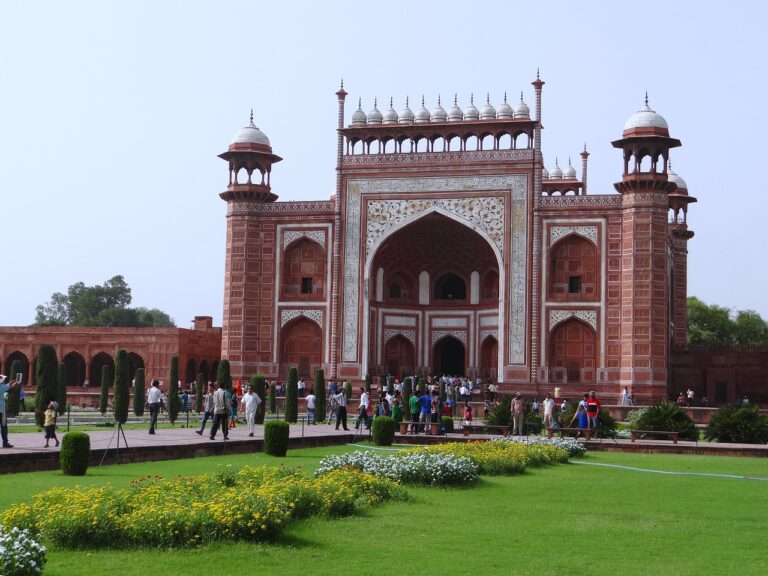The Legacy of Past Elections: Lessons Learned and Applied
The historical context of past elections provides a lens through which we can view the evolution of our political landscape. Each election serves as a reflection of the prevailing ideologies, values, and concerns of a society at a particular point in time. By studying these past elections, we can gain insight into the factors that have shaped our current political climate.
Examining the outcomes and dynamics of past elections also allows us to trace the trajectory of political parties, leaders, and movements. The patterns and trends that emerge from these historical moments help us to understand the shifts and continuities in our political system. Through this historical analysis, we can identify the key events and decisions that have contributed to shaping the electoral processes and structures that define our democracy today.
Impact of Past Elections on Current Political Landscape
Past elections have left a lasting imprint on the current political landscape, shaping the ideologies and policies of present-day leaders. Each election serves as a historical marker, influencing the trajectory of a nation’s governance and guiding the expectations of its electorate.
The legacies of past elections are evident in the decisions made by policymakers and the priorities set by government officials. Whether it be the aftermath of a groundbreaking election or the repercussions of a controversial campaign, the echoes of past electoral events reverberate through the corridors of power, ultimately determining the course of political discourse in the present day.
Role of Media in Shaping Election Legacies
The media plays a significant role in shaping the legacies of past elections, influencing public perception and memory of political events. Through its coverage, the media can amplify certain narratives, highlight key moments, and perpetuate specific interpretations of electoral outcomes. By framing election results and candidate actions in particular ways, the media can shape how voters remember and evaluate past elections.
Moreover, the media serves as a platform for both the celebration and critique of political figures and their campaigns. By showcasing the successes and failures of candidates, the media contributes to the creation of historical narratives that endure long after the election has ended. Additionally, the media’s ability to revisit past election coverage through archives and retrospectives ensures that certain aspects of elections remain prominent in public consciousness, ultimately influencing how we perceive the impact of past political events on our current political landscape.
• The media can amplify certain narratives and highlight key moments in elections
• Media coverage can shape how voters remember and evaluate past elections
• The media serves as a platform for both celebrating and critiquing political figures and their campaigns
• Historical narratives created by the media endure long after elections have ended
• Revisiting past election coverage through archives influences public perception of political events
How does the historical context of past elections impact the current political landscape?
The historical context of past elections can shape the current political landscape by influencing voter attitudes, political party strategies, and policy priorities.
What role does the media play in shaping election legacies?
The media plays a crucial role in shaping election legacies by framing narratives, influencing public opinion, and holding politicians accountable for their actions.
How do past elections impact voter behavior in future elections?
Past elections can impact voter behavior in future elections by shaping perceptions of political parties, candidates, and key issues, as well as influencing turnout and voter engagement.
How can the media help preserve the legacies of past elections?
The media can help preserve the legacies of past elections by providing accurate and unbiased coverage, conducting retrospective analyses, and highlighting the lasting impact of key events and outcomes.







